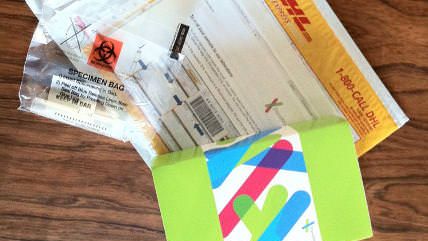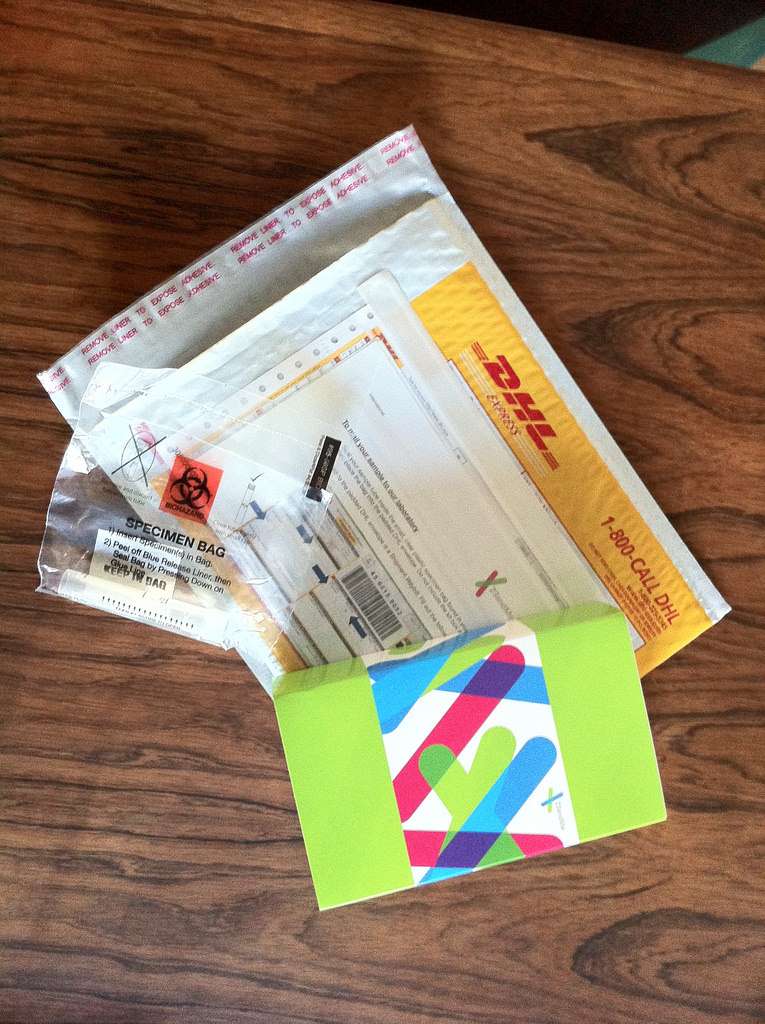23andMe's Anne Wojcicki Says FDA Order Seriously 'Slowed Up' Gene Test Sales


The U.S. Food and Drug Administration (FDA) has succeeded in stifling sales for innovative genetic testing company 23andMe. "It has slowed up the number of people signing up," 23andMe co-founder Anne Wojcicki said during a speech at music/tech/everything festival South by Southwest (SXSW) on Sunday.
In late 2013, the FDA sent 23andMe a letter ordering it to "immediately discontinue marketing" of its home genetic tests or face "seizure, injunction, and civil money penalties."
The public largely supports direct-to-consumer sales of gene screening tests, which for as little as $99 can reveal information such as ancestry and the presence of hereditary diseases and conditions. But the FDA worried that consumers may make unwise medical decisions based on their results. The FDA wants to stop consumers from accessing important health information for their own good, see?
Meanwhile, in foreign countries, scholars and government agencies are going ahead and partnering with 23andMe to continue moving medicine into the 21st century. At the SXSW panel, Wojcicki said 23andMe now has 650,000 people in its database and is "being inundated with requests from academics and foreign partners."
Genetics is going to become extremely cheap and part of our daily life, she said. In China, the Beijing Genome Institute is now the largest genome testing firm in the world, and Saudi Arabia, the UK and others are all strong in this area.
Wojcicki also talked about how genetic screening can be used to reduce health care costs and shift focus from disease treatment to prevention. This, however, makes it unpopular with both pharmaceutical companies and their buddies in the FDA, who have more motive to make sick people better than to keep well people from getting sick. Wojcicki said she was told by one doctor that, "the problem with 23andMe is that you generate non-billable information."
Non-billable, private information—23andMe allows consumers to access their genetic info without a physician, insurance company, or government middleman (which is probably another strike against it in the FDA's eyes). "Everyone has the right to their genetic information and to use it," said Wojcicki. For now, however, 23andMe doesn't have the right to tell you how to get that information.


Show Comments (6)